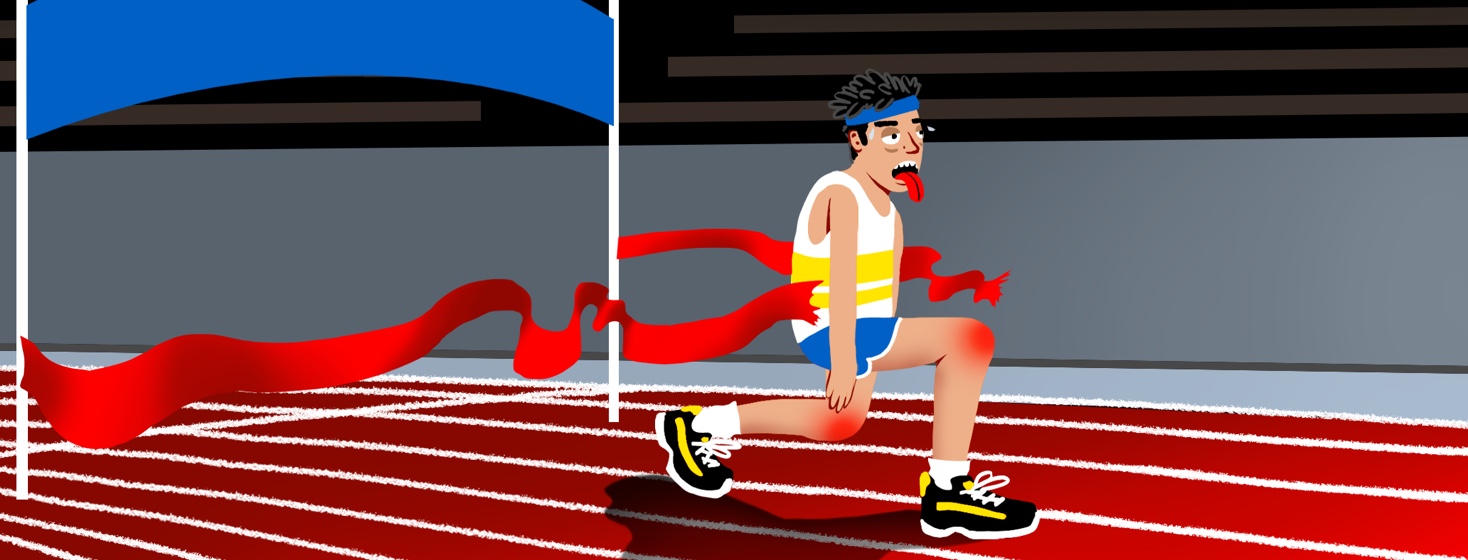I'm Cured... Why Do I Still Feel Sick?
"I’M CURED! WHY DO I STILL FEEL LOUSY?"
I have been a hepatitis C advocate for 20+ years. I have heard every question that crosses the minds of patients. The one that stands out the most since the new direct acting anti-virals (DAA’s) have become available is, “Why don’t I feel better?” Unfortunately, it seems like our physicians do not seem particularly concerned about after-treatment woes.
Common concerns after treatment
Fatigue, lack of stamina, and muscle & joint pain are the complaints heard most often. Patients with early stage disease report much better outcomes, with short-lived side effects. Those with late stage disease (stage 3 and 4) report a slower resolution of many symptoms. We must remember that the later the stage when diagnosed, the more liver disease we have. Patients who had decompensated liver disease reported more symptoms post treatment than did those with less liver damage. Patients with compensated cirrhosis fared better than those who were decompensated. However, they reported more overall fatigue, body pains, and lack of vitality than patients with early stage disease.
Stage 1 and 2 patients typically show the most improvement in the shortest amount of time. However, even those people needed to be patient with themselves and expect it would take 6 months to a year to feel well again. These patients also show the most improvement in liver histology. Many cirrhotic patients improve their fibrosis scores, as well, but not nearly as much as those with earlier stage disease. In fact those, with stage 1 and 2 often go back to a totally normal liver on biopsy as shown in the earlier HALT C Studies.1
"Now that I'm cured, can I drink alcohol?"
This is a difficult question for doctors to handle. Some patients are not honest with their doctors about how much they drink, or if they've had a history of alcohol abuse; Some underestimate how much they drink. Doctors don’t like to give their blessing to people when they do not know for sure how much alcohol a person will drink. For the cirrhotic patients, many doctors believe that the answer is easy: These patients should not ingest alcohol at all; Their livers have been badly damaged and they probably will not go back to having a normal liver. However, they may improve the scarring a bit. Those with early stage liver disease, who have no problem taking a drink for a special occasion such as a holiday, a wedding, or an occasional dinner out, are likely to do little harm.2
A word of caution
Now that you are cured and are hepatitis C free, many patients want to know if they will relapse or get the disease again. Relapse after being clear 12 weeks post-treatment with DAA's is extremely unlikely. Probably less than 1% will relapse at that late date. Even cured, you will always test antibody positive, which just means you were exposed to the virus at some time in the past. Don’t forget, you need to have detectable virus in the blood, not just the antibody, to know you are infected. However, unlike measles or mumps, the antibody is not protective. Hepatitis C is a virus that can infect you again if you engage in behaviors that can transmit the infection, so be mindful of that. I asked myself, wouldn’t it be shame to have to start all over again?3

Join the conversation